Why Amazon Sellers Must Optimize Their Post-Purchase Customer Experience?
Why Amazon Sellers Must Optimize Their Post-Purchase Customer Experience
Introduction
In the competitive landscape of e-commerce, standing out on Amazon requires more than just offering attractive prices and high-quality products. A critical factor in achieving long-term success is optimizing the post-purchase customer experience. Enhancing this phase is essential for building customer loyalty, driving repeat business, and generating positive reviews. A well-executed post-purchase experience can set sellers apart in the crowded Amazon marketplace and contribute to sustained growth. This article delves into why improving the post-purchase customer experience is vital for Amazon sellers and outlines comprehensive strategies to achieve this goal.
The Significance of the Post-Purchase Customer Experience
1. Customer Retention
It costs more to gain new customers than to keep the ones you already have. By ensuring a positive post-purchase experience, you increase the likelihood that customers will return for future purchases. Satisfied customers are also more likely to become loyal advocates, sharing their positive experiences and generating valuable word-of-mouth referrals.
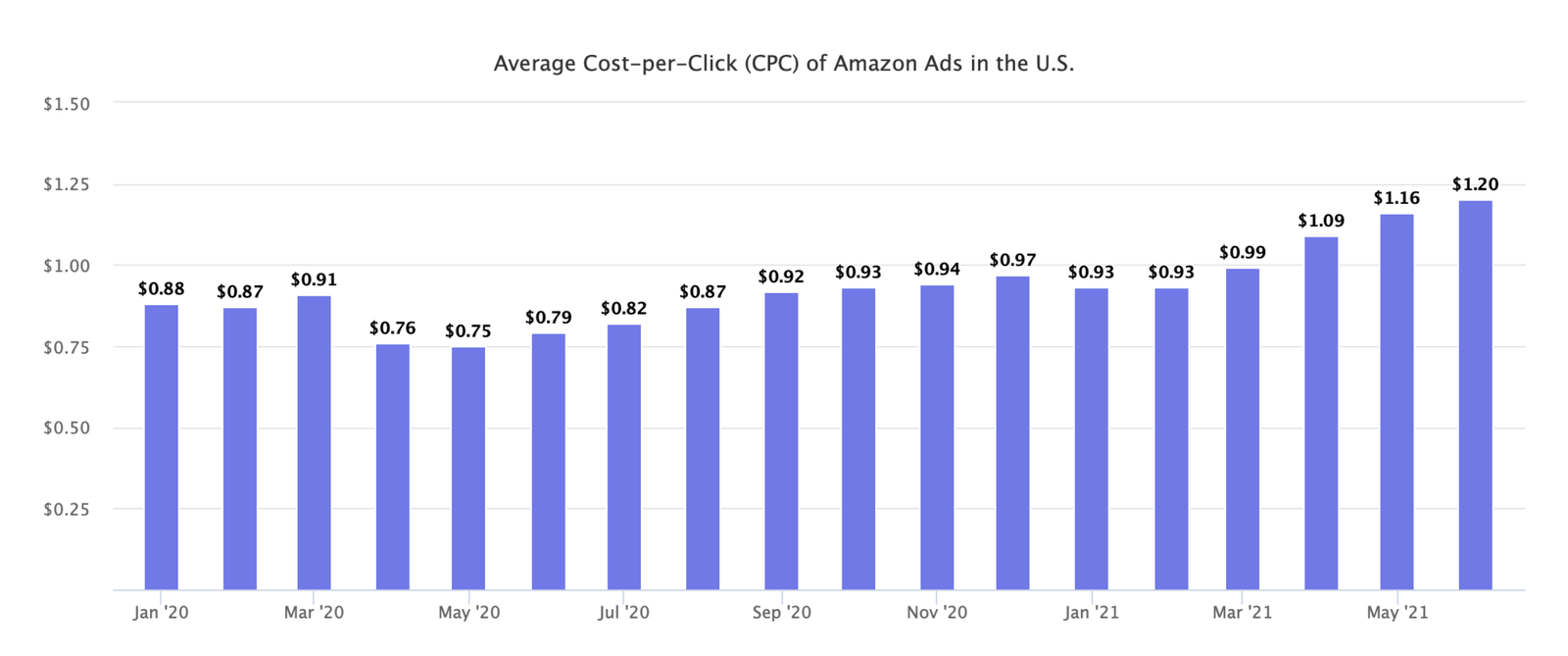
2. Enhanced Reviews and Ratings
On Amazon, product reviews and ratings play a crucial role in influencing buyer decisions. Positive feedback from satisfied customers can enhance your product’s visibility and reputation. Conversely, a poor post-purchase experience can result in negative reviews, potentially discouraging future buyers.
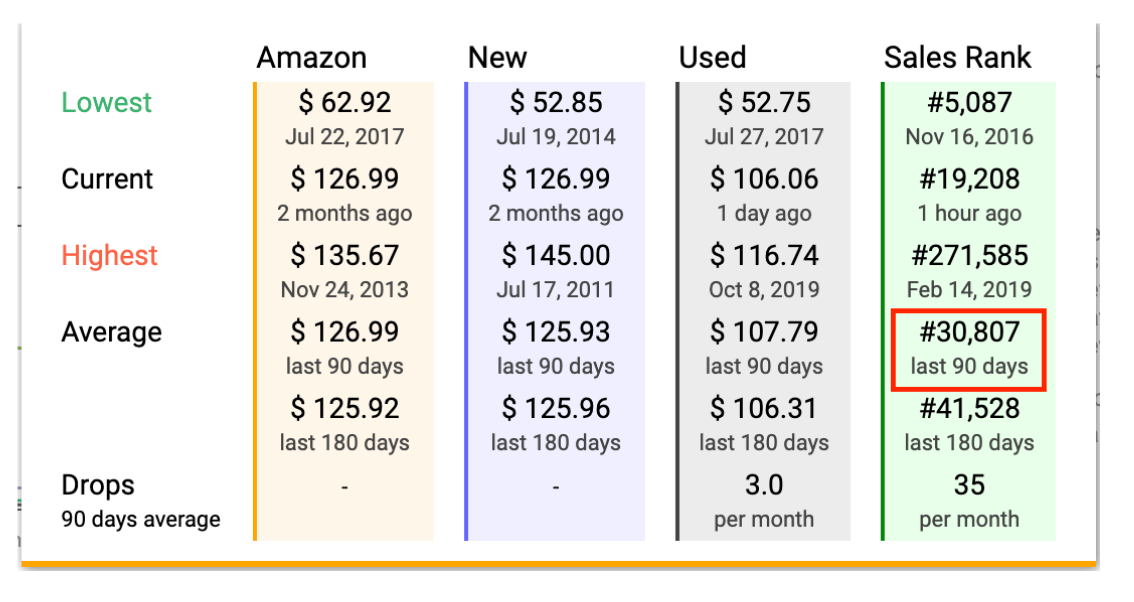
3. Lower Return Rates
An effective post-purchase strategy can minimize the chances of returns. By providing clear information, accurate product descriptions, and responsive customer support, you can address issues before they lead to returns. This not only reduces costs but also helps maintain a favorable seller rating.
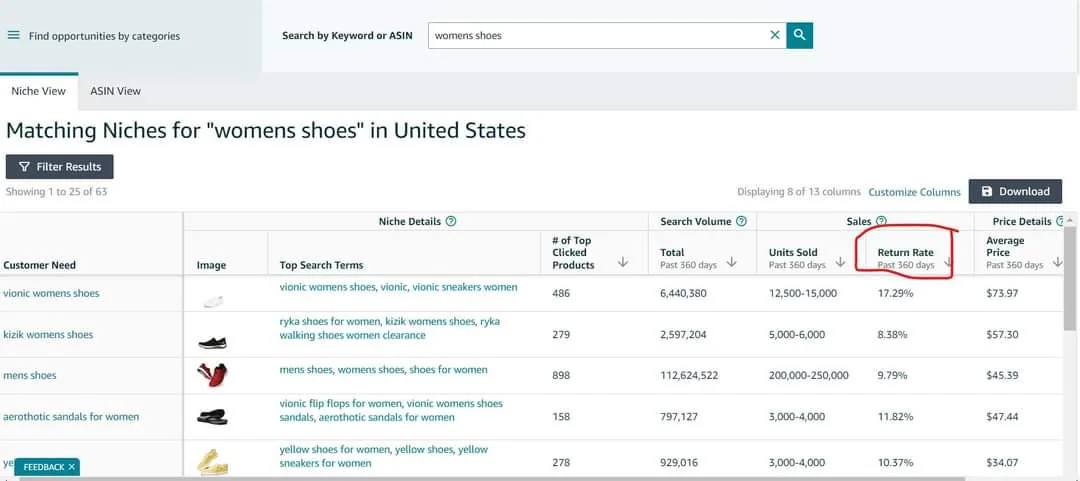
4. Fostering Brand Loyalty
In a marketplace with numerous options, building brand loyalty is key. Delivering an exceptional post-purchase experience makes customers feel valued and appreciated, which encourages them to prefer your brand over others in the future.
Strategies for Enhancing the Post-Purchase Customer Experience
1. Efficient Order Processing
Swift and precise order processing is fundamental to a positive post-purchase experience. Utilize efficient logistics and inventory management systems to ensure timely order fulfillment. Leveraging Amazon’s Fulfillment by Amazon (FBA) service can also boost delivery speed and reliability.
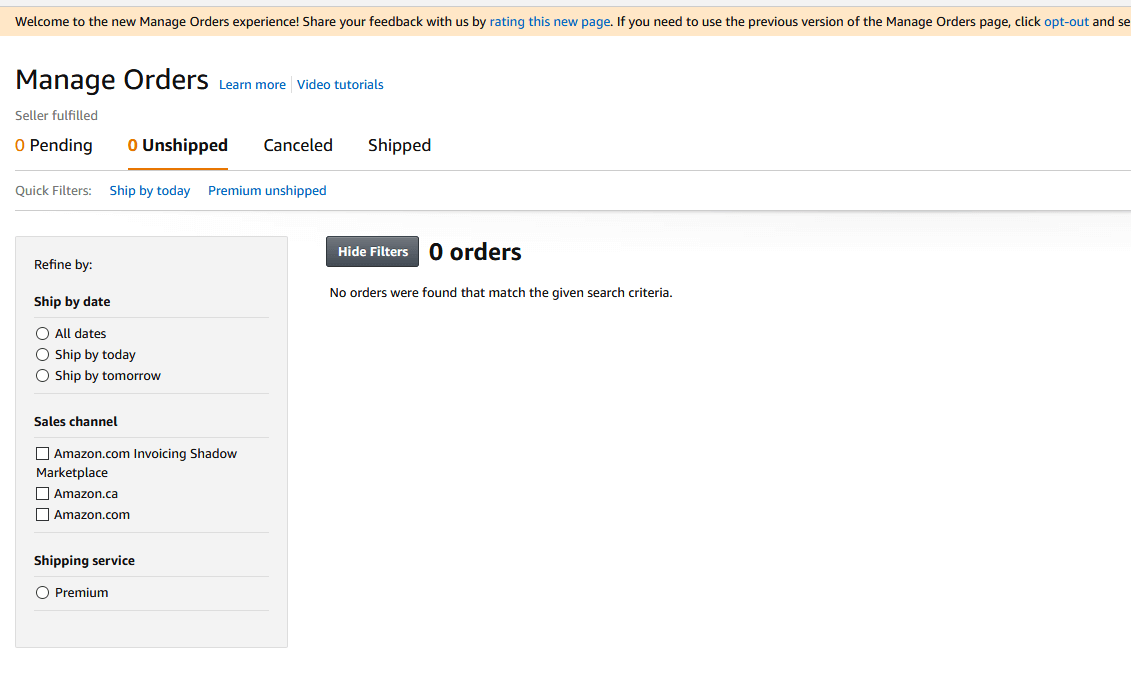
2. Effective Communication
Maintaining clear communication with customers after a purchase is vital. This includes sending order confirmation emails, shipping updates, and delivery notifications. Automated messages can keep customers informed about their order status, offering them reassurance and excitement.
3. Personalized Follow-Up
Sending personalized follow-up emails to thank customers can enhance their overall experience. These messages can include product usage tips, maintenance advice, and suggestions for related items. Personalized communication helps customers feel valued and strengthens their connection to your brand.

4. Simplified Returns and Exchanges
A straightforward returns and exchange policy can greatly improve the post-purchase experience. Clearly outline your return procedures and provide easy-to-follow instructions. Streamlining this process reduces customer frustration and builds trust in your brand.
5. Outstanding Customer Support
Providing prompt and effective customer service is crucial for addressing post-purchase issues. There are many ways to provide support, including email, phone, and live chat. Ensure your customer service team is well-trained to handle inquiries with efficiency and empathy.

6. Requesting Feedback
Asking for customer feedback shows you care about their opinions and want to keep improving. Follow up with survey or inquiry requests immediately after delivery. Use this feedback to make the needed changes and improvements.
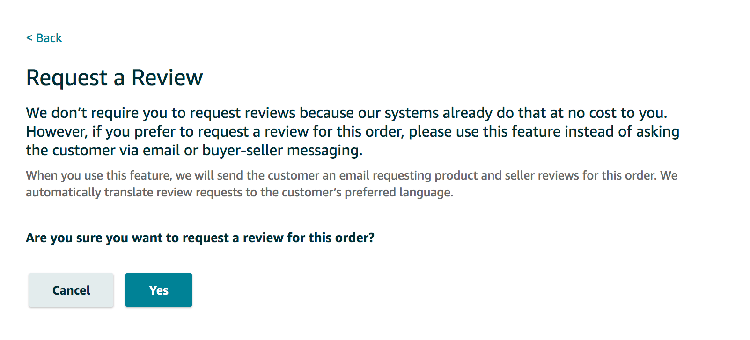
7. Implementing Loyalty Programs
Creating a loyalty program can incentivize repeat purchases. Offer rewards such as discounts, special offers, or points for future buys. Acknowledging and rewarding loyal customers fosters a sense of appreciation and encourages ongoing engagement.
8. Investing in Packaging and Presentation
How a customer feels when unboxing their product is a key part of their satisfaction. Invest in good packaging to protect your product and enhance its presentation. Including a thank-you note or small complimentary items can add a personal touch and create a memorable impression.
9. Providing Post-Purchase Content
Delivering valuable content related to the purchased product can further enrich the customer experience. This might include instructional videos, user guides, or blog posts offering tips and tricks. Providing additional value beyond the purchase can boost customer satisfaction.
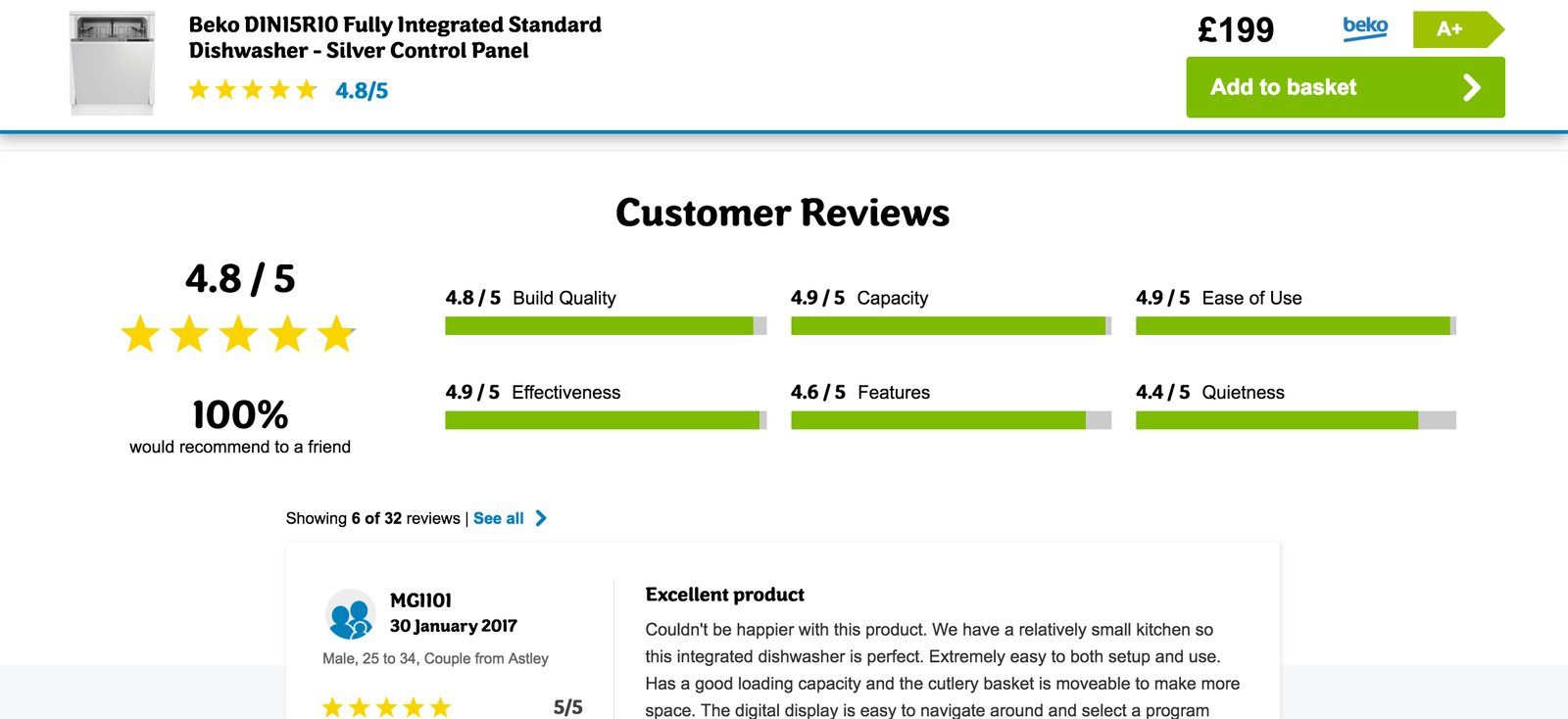
10. Tracking and Analyzing Metrics
Regularly monitoring and analyzing post-purchase metrics can help identify areas for improvement. Track key performance indicators (KPIs) such as customer satisfaction scores, return rates, and response times. Use these insights to refine your strategies and continuously enhance the customer experience.
11. Proactive Issue Resolution
Address potential problems before they happen. Monitor common complaints and fix issues early. For example, if customers struggle with assembling a product, provide a detailed guide or video to help them.
12. Customer Education and Onboarding
For complex products, offer detailed resources to help customers get started. This can include tutorials, webinars, FAQs, and a dedicated support page. Educating customers on how to use their purchase can reduce frustration and increase satisfaction.
13. Subscription and Replenishment Services
For items that need regular restocking, offer subscription services. This ensures customers receive their favorite products automatically, without needing to reorder each time.
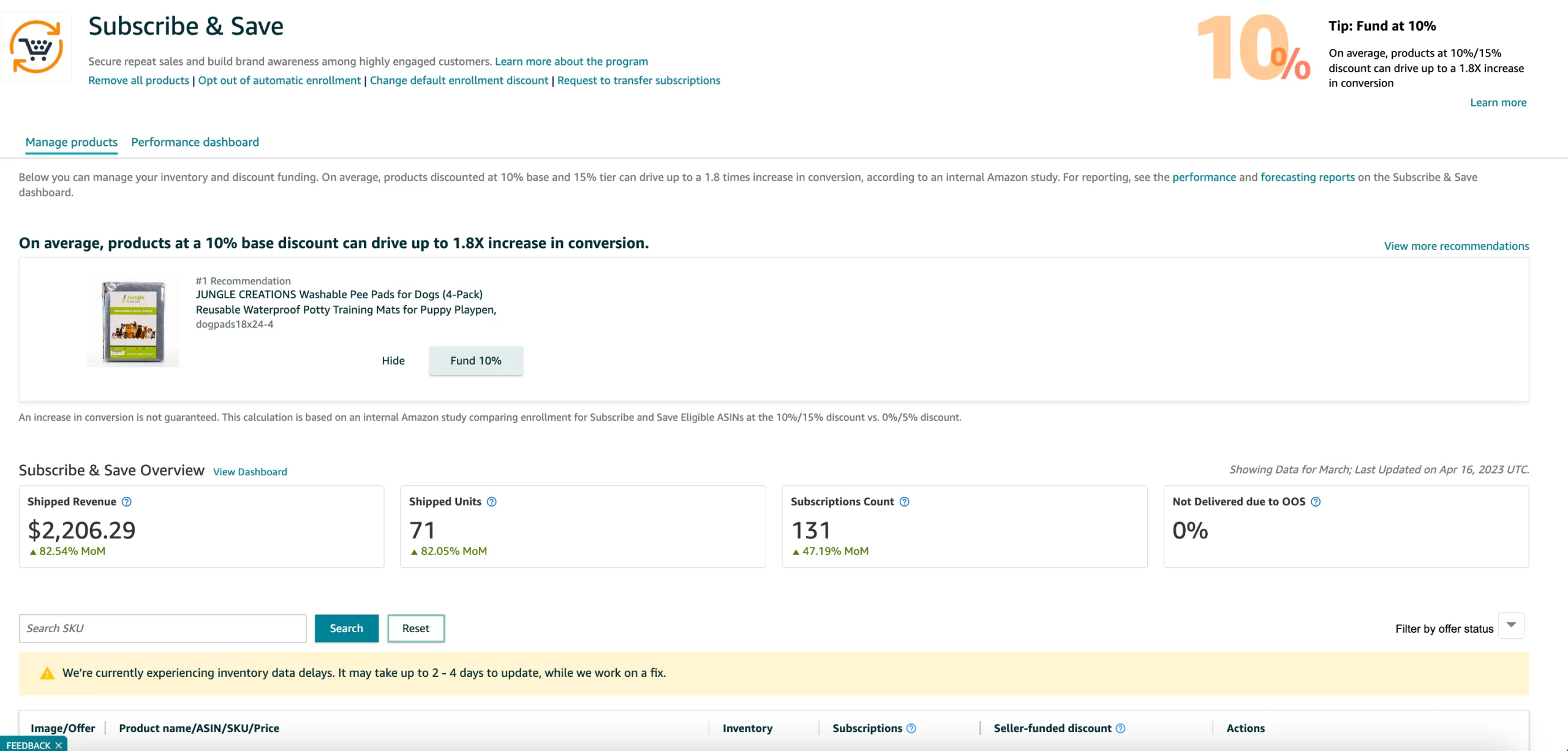
14. Engaging Post-Purchase Content
Keep customers interested in your brand with engaging content after their purchase. This could be newsletters, blog posts, or social media updates about new products, special offers, or company news.
15. Customer Community Building
Create a sense of community among your customers. Set up online forums, social media groups, or discussion boards where they can share experiences, ask questions, and give feedback. A strong community can boost engagement and loyalty.
16. Enhanced Mobile Experience
Optimize your post-purchase processes for mobile devices. Many customers use their phones to manage orders and communication, so a smooth mobile experience is crucial.

17. Automated Customer Service Solutions
Use chat bots to provide immediate help for common questions and issues. While human support is needed for complex issues, chat bots can quickly handle simple questions.
18. Transparency and Honesty
Be open and honest with your customers throughout the post-purchase process. If there are delays or issues, communicate clearly and provide regular updates. Being honest builds trust and can make a bad situation better.
19. Environmental and Social Responsibility
Show that your brand cares about more than just profits by adopting sustainable practices in your packaging, shipping, and business model. Highlight these efforts in your post-purchase communications to appeal to environmentally conscious customers.
20. Customizable Packaging and Personalization
Offer options for personalized packaging, especially for gifts. Allow customers to add personal messages, choose gift wrapping, or select different packaging styles. Personalization makes the purchase feel special and thoughtful.
Conclusion
Improving the post-purchase experience is key for Amazon sellers to achieve long-term success. By ensuring efficient order processing, clear communication, personalized follow-ups, and other strategies, sellers can leave a positive and lasting impression on customers. These efforts boost customer satisfaction, encourage repeat business, generate good reviews, and build brand loyalty. In Amazon’s competitive market, focusing on the post-purchase experience is vital for growth and standing out from competitors.

